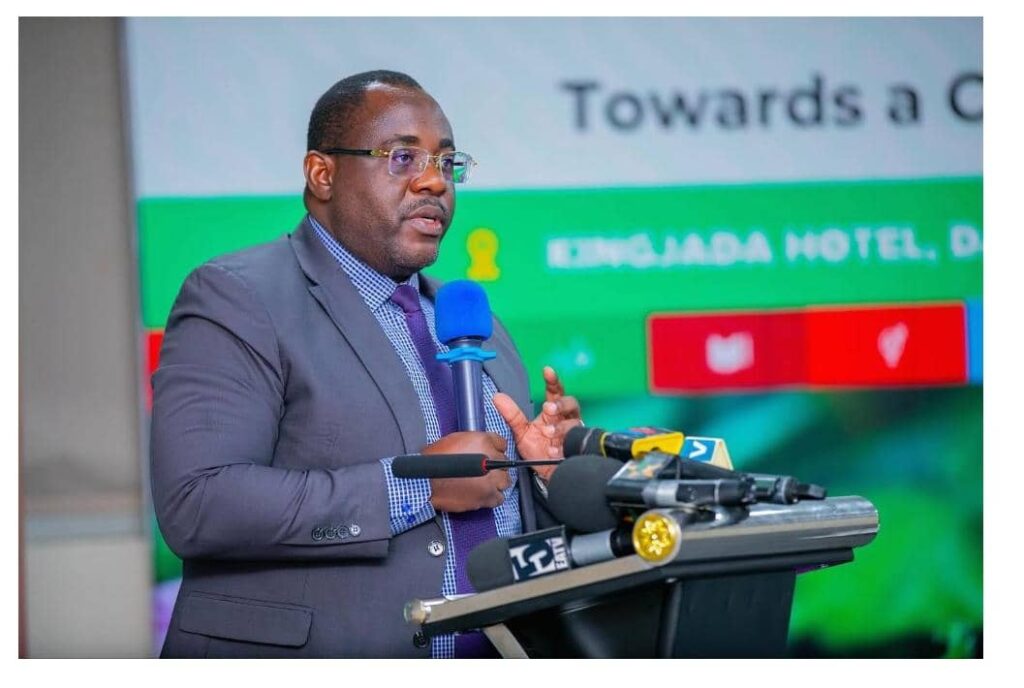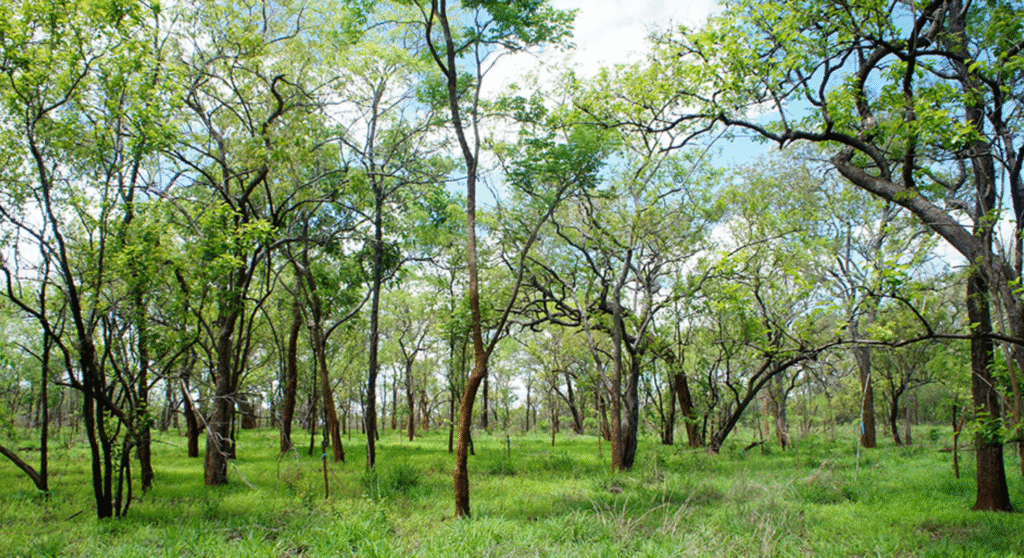By Jenifer Gilla
Dar es Salaam. Tanzania is turning to its local communities in a renewed push to tackle climate change and biodiversity loss, following the launch of a major environmental initiative valued at Sh94 billion.
The project, titled “Positive and Inclusive Approaches to Address Climate Change and Protect Biodiversity,” is a joint effort by the Government of Tanzania, the United Nations Development Programme (UNDP), and the Global Environment Facility (GEF).
Unlike past strategies that largely emphasized policy reforms and forest protection, this new programme prioritizes community participation, improved livelihoods, and climate resilience as the foundation for lasting environmental progress.
Rather than treating conservation as merely a matter of protecting forests and wildlife, the initiative underscores the need to create economic opportunities for people living near fragile ecosystems.
“Communities are not just beneficiaries — they are partners and custodians,” said Dr Hassan Abbasi, Permanent Secretary in the Ministry of Natural Resources and Tourism, during the launch.
“If we expect forests, wetlands and wildlife to be protected, then local people must see the value and receive tangible benefits.”

Responding to a changing climate
Tanzania faces mounting challenges from climate change erratic rainfall, prolonged dry spells, and declining forest cover driven by human activity. These shifts have disrupted farming cycles, increased water shortages, and undermined rural livelihoods.
The new project seeks to address these threats through climate-smart agriculture, sustainable land-use practices, and renewable energy solutions for households and small businesses.
According to Shigeki Komatsubara, UNDP Resident Representative in Tanzania, the programme connects environmental protection with economic empowerment.
“When communities gain skills in agroforestry or adopt renewable energy, we are not only protecting nature we are improving incomes and resilience at the same time,” he said.
Women and youth at the forefront
Central to the programme is ensuring that women, youth, and marginalized groups actively participate in planning and implementation. This inclusive approach aims to correct long-standing inequities in access to land, training, and climate finance.
Environmental practitioner Aisha Mchome, who works with farmer groups in Tanga, said the project offers much-needed practical support.
“People often hear about climate change, but they don’t always know what to do about it,” she explained. “Projects like this bring knowledge directly to the ground where solutions are actually needed.”
Supporting national and global climate goals
The initiative aligns with Tanzania’s Nationally Determined Contributions (NDCs) under the Paris Agreement, which commit the country to cutting greenhouse gas emissions by 30 percent by 2030 through reforestation, clean energy expansion, and sustainable agriculture.
As global attention increasingly turns to climate finance and inclusive development, analysts suggest that Tanzania’s community-centered model could offer valuable lessons for other African nations seeking to balance environmental protection with socio-economic progress.
Planting seeds for a sustainable future
As implementation begins, thousands of farmers, forest groups, and local leaders will receive training and equipment to boost climate resilience. The broader aim is to restore degraded landscapes while strengthening rural economies for long-term sustainability.
“This is about building a future where people thrive alongside nature,” Dr Abbasi emphasized. “We are planting seeds of resilience that will benefit this generation and the next.”


